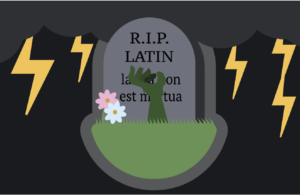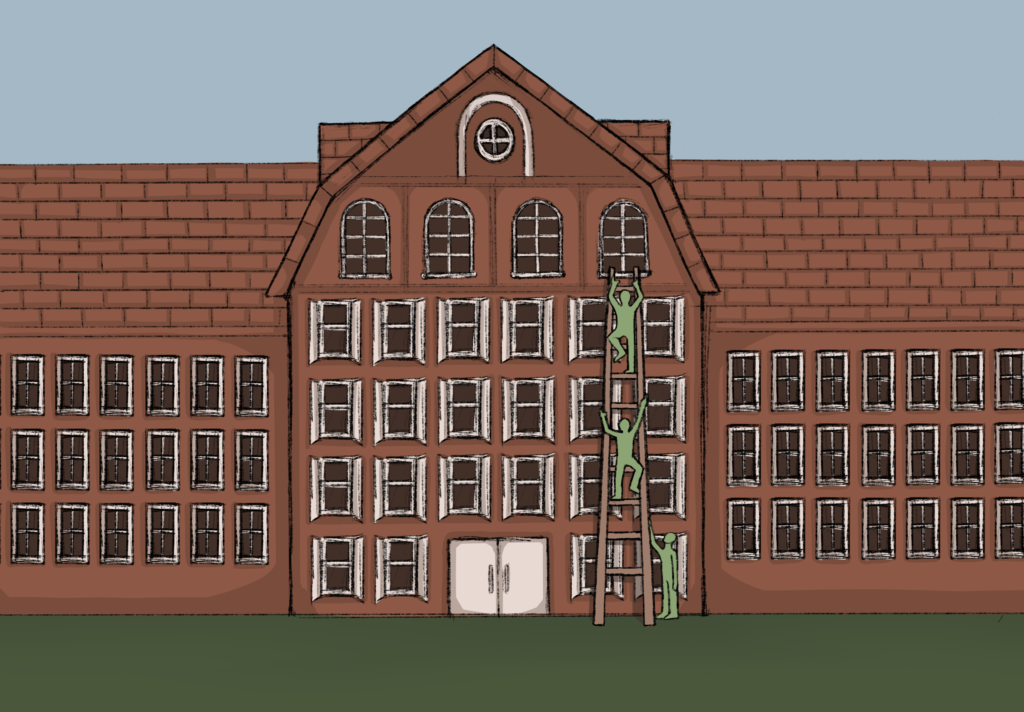When I tell people I’m taking Latin at Choate, I’m usually met with a bewildered, “Why?” And when I attempt to explain my take on the importance of Latin and why I enjoy it so much, I’m faced with an inevitable shake of the head and a routine reply:, “But it’s dead!”
To this, I say: yes, it might seem limiting to study a classical language that no longer boasts a population of native speakers. But, for me at least, the study of Latin has always been a lively one.
I think a common misconception surrounding Latin is that it’s a class of students huddled around an antiquated text, searching helplessly for meaning in a language of the past.
That couldn’t be further from the truth. Learning Latin, like learning any other language, is a hands-on experience that invites you to immerse yourself in a unique culture and history. In this very newspaper, Natarsha Yan ’21 wrote of her life in Rome, studying Latin abroad in the fall. As she affirmed, the opportunities offered through the study of Latin are spectacular.
In Latin, we read and analyze texts, but we’re also always actively discussing and speaking — yes, speaking — in Latin.
Latin may be a “dead” language, but in a way, it never died — not just because of the select few around the globe who speak the language almost fluently, but also because it’s a vibrant language that still has a lot to offer. Latin exposes us to the histories of the classical world, which other languages fail to do.
I’m still fairly new to Latin, but in the year and a half I’ve engrossed myself in the language, I’ve learned more than just how to make my way through a text — each class has been a celebration, an opportunity to learn about history, as well as how Latin has shaped many other languages today. It’s been a truly special experience, one that I’m grateful for and continue to look forward to.
But beyond that, it’s also important to understand the usefulness of Latin — or, for that matter, any other language. It’s crucial that we acknowledge the importance of searching for opportunities to learn, to throw ourselves into new experiences. There doesn’t always have to be a point, or an end-goal. When I chose to study Latin, it wasn’t because I thought it would be useful. I simply thought that it would be interesting. We shouldn’t ever have to justify our curiosity.
Choate students are always trying to follow some kind of formula for success — whatever that means. And this is highlighted in the competitive nature of our school.
But the thing is, learning doesn’t have to be confined to these specifics. You’ll learn best in the environment that excites you most.




